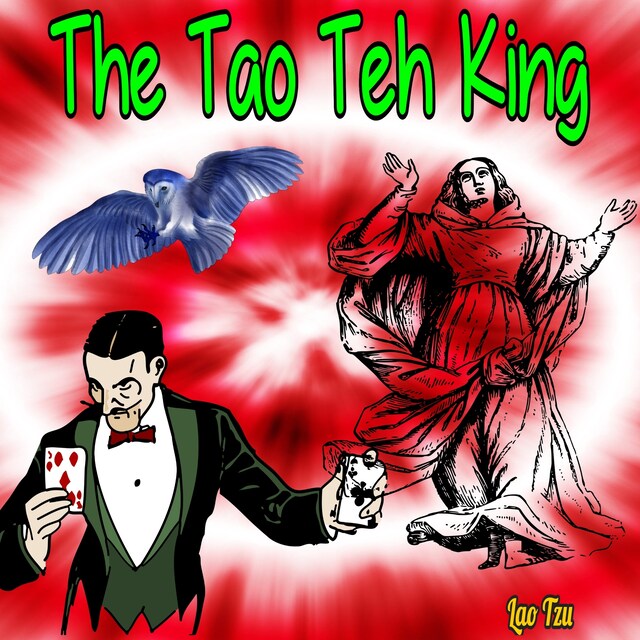
The Tao Teh King: Tao Te Ching
Tietoa kirjasta
The Tao Teh King: Tao Te Ching by Lao Tzu Audiobook is a Chinese classic text written around 400 BC and traditionally credited to the sage Laozi, though the text's authorship, date of composition and date of compilation are debated. The oldest excavated portion dates back to the late 4th century BC, but modern scholarship dates other parts of the text as having been written—or at least compiled—later than the earliest portions of the Zhuangzi.
The Tao Te Ching, along with the Zhuangzi, is a fundamental text for both philosophical and religious Taoism. It also strongly influenced other schools of Chinese philosophy and religion, including Legalism, Confucianism, and Chinese Buddhism, which was largely interpreted through the use of Taoist words and concepts when it was originally introduced to China. Many artists, including poets, painters, calligraphers, and gardeners, have used the Tao Te Ching as a source of inspiration. Its influence has spread widely out and it is one of the most translated texts in world literature.
The Tao Te Ching has a long and complex textual history. Known versions and commentaries date back two millennia, including ancient bamboo, silk, and paper manuscripts discovered in the twentieth century.
The Tao Te Ching has been translated into Western languages over 250 times, mostly to English, German, and French. According to Holmes Welch, "It is a famous puzzle which everyone would like to feel he had solved." The first English translation of the Tao Te Ching was produced in 1868 by the Scottish Protestant missionary John Chalmers, entitled The Speculations on Metaphysics, Polity, and Morality of the "Old Philosopher" Lau-tsze. It was heavily indebted to Julien's French translation and dedicated to James Legge, who later produced his own translation for Oxford's Sacred Books of the East.


